“The only way to win is to work, work, work & hope to have a few insights.”
– Charlie Munger
Insights are incredibly rare. I know that this insight itself is going to be lost on many of us. It was certainly lost on me for a while. I follow 200+ people on twitter & if at least 10% of them share some unique reading material everyday, that means I need to read at least 20 new things, each day. Well, great way to learn about the world, but is it something that I want to learn, today?
Using an analogy from exercise, if you’re supposed to work on your biceps would working few minutes each on your calves, your shoulders, your thighs help you develop your biceps? I was listening to this amazing conversation between Tim Ferris & Coach Chris Sommer about Gymnastic Strength Training and he is asked how to make the training more exciting by having more dynamic workouts. Coach Sommer replies by saying that if you want excitement, then you’re exercising for the wrong reasons. There are instances where the passive, repetitive workouts will not yield any results for a long time, but one fine day, like a light switch, we’ll observe a noticeable change in our body. That’s quite similar to the nature of building deliberate insights.
One of my favourite books about the process of investment research is Best Practices for Equity Research Analysts by James Valentine. It mentions a very simple distinction between gathering data & developing insights. He calls these two methods as Offensive & Defensive research. Offensive Research is simply reading what matters. Defensive Research is reading every piece of paper / email pushed our way by the sell-side analysts, trying to know everything about everything. Defensive Research exemplifies the fear of missing out on the action today, whereas Offensive Research means meticulously building your knowledge base to have the right facts to build a relevant narrative about reality.
Jeff Gramm, the author of the fantastic book, Dear Chairman, mentions something similar in one of his latest, must listen to interviews. Picking stocks is not a game of wits, outsmarting the guy on the other side of the trade. Instead it is mostly about avoiding big mistakes over a long period of time. When novice investors ask him for advice on a career in investing, he says that the cliches about doing the hard work are absolutely true & he’s surprised that a very few people actually act on them. “In the early stages of your career you’re really paid to learn to do research & not paid to be wise. The hard work is to find the expert that is out there who can really explain the business to you, rather than sitting at a desk and thinking grand things about the business.”
As investors if we sincerely expect the managers & promoters of the businesses we own, to work hard and grow their business and generate value, we must also endeavour to do the necessary hard work to bring ourselves to understand the business, to the extent possible, as much as they do.
To sum it up, the reason building insights is so difficult is because we can never really expect to have a complete idea about something.
Like the legendary film-maker Werner Herzog says in this brilliant interview (starts at 33mins 44 secs) about reading historical accounts. He says you’ve to understand the event from the mood of the author’s argument & the context in that particular time in history. The reason you put that effort in is because we’ll never have the full context & to believe that we can have the full context, is an illusion.
Now, back to work.
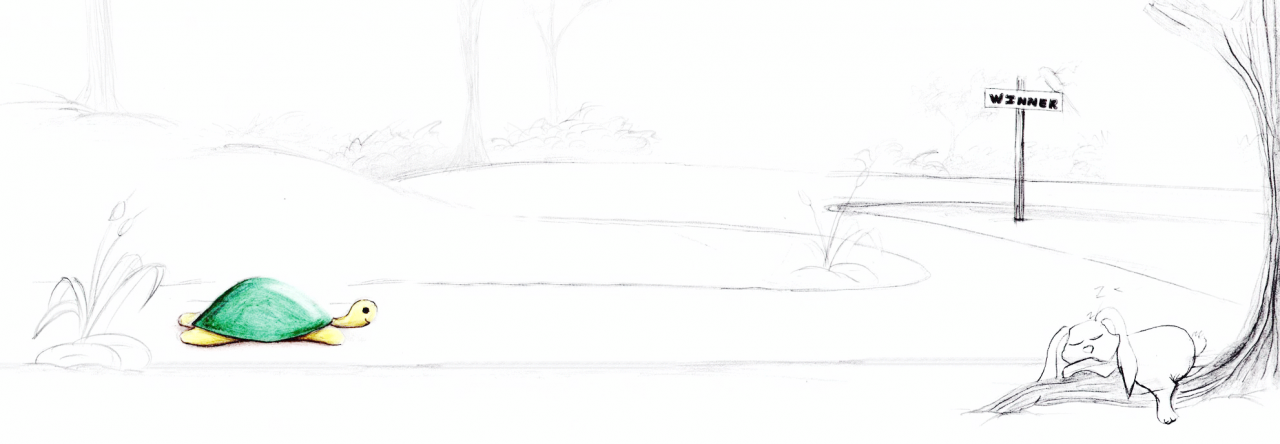
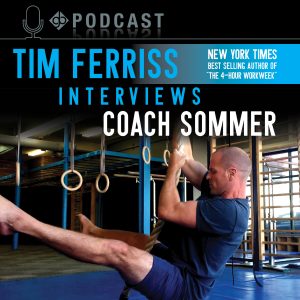
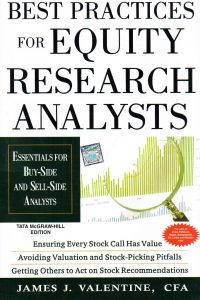
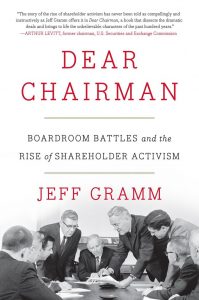
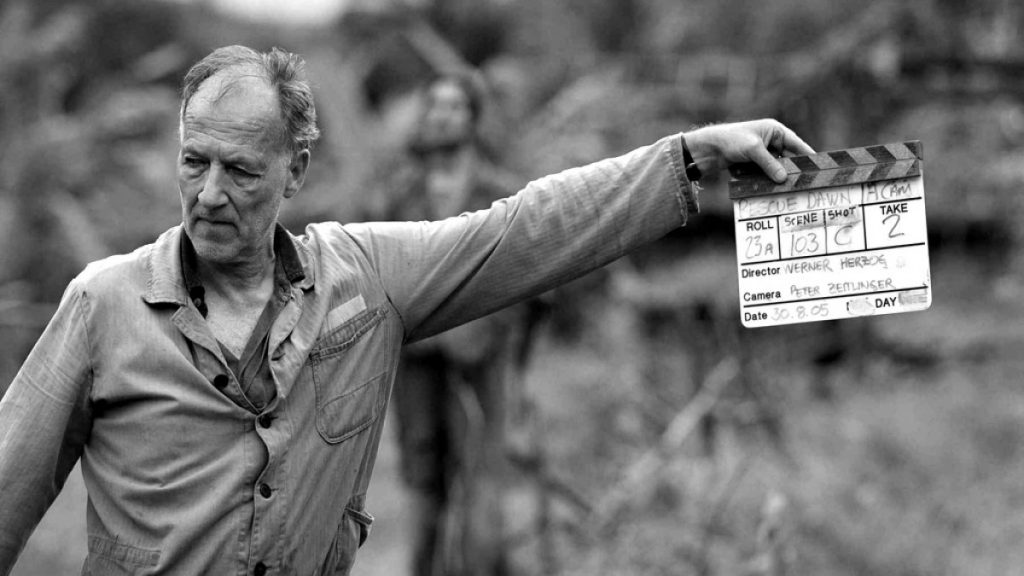
Leave a Reply